Because hormones, like estrogen, are naturally occurring in many food products, it is important to keep their levels in perspective. A three-ounce serving of beef from a non-implanted steer contains 1.3 nanograms of estrogen, while the same serving of beef from an implanted steer contains approximately 1.9 nanograms of estrogen. This amount is miniscule compared to 2,016 nanograms in a three-ounce serving of cabbage, 20,000 to 50,000 nanograms of estrogen in a single birth-control pill or 93,000 nanograms naturally produced each day by an adolescent girl; all of which are safe.
Producers continue to work hard, and use the best, scientifically-proven technology available to provide healthy food products to choose from. Meat markets and grocery store aisles contain lean beef products from cattle raised with and without the use of growth promotants. Both are safe and healthy options, but because production costs are higher without the use of growth promotants, consumers will pay a higher price.
As consumers, we make choices every day as to how to fuel our bodies. It is natural to be fearful of technologies we are not familiar with or do not understand, but it is in our best interest to make educated food choices for ourselves and our families. Farmers and ranchers across Oklahoma are doing the same for their families.
